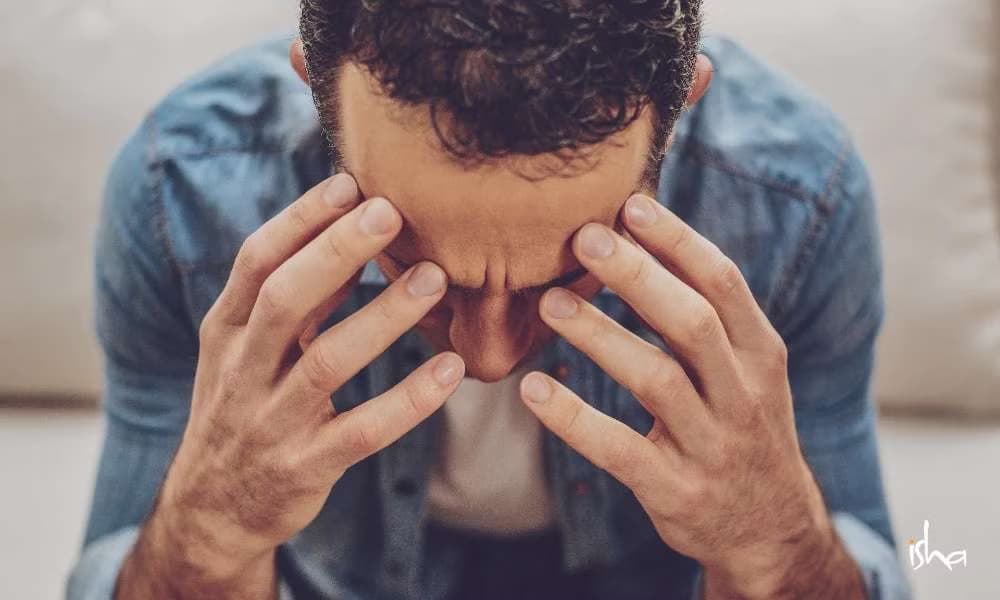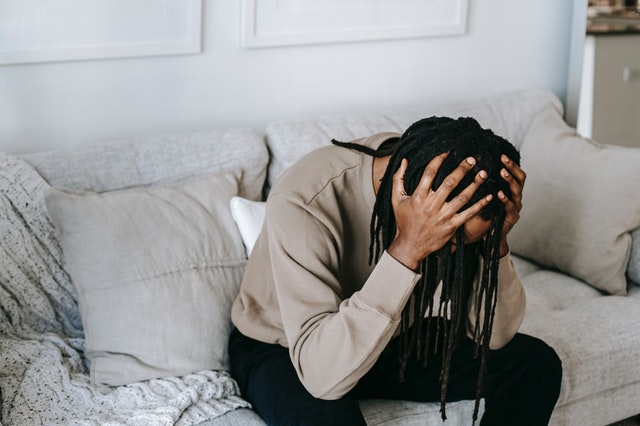 It can be hard to understand why you have chronic anxiety or even trauma-induced anxiety.
It can be hard to understand why you have chronic anxiety or even trauma-induced anxiety.
After all, you’ve felt this way for such a long time, as far back as you can remember. And this makes it difficult to understand and gain perspective on not only the source of your problem but also what to do about it.
The key may be exploring early life trauma experiences.
By studying your past, it’s possible to connect those early experiences to why you struggle with anxiety now as an adult. Although this may not be an easy thing to do, it does hold the potential for you to resolve your anxiety.
Here are some reasons why chronic anxiety and childhood trauma are often linked.
Having Limited Control
First off, and perhaps the most tragic, is that when you were young, you didn’t have any say about being exposed to childhood trauma. After all, you were a child. Children are dependent on adults for so many things. They just don’t have the capacity to speak and act in their own interests.
Even when they know something is wrong or bad, they are usually still powerless to change the situation.
Now, flash forward to adulthood. Adults do have much more power and capacity to act in their own interests. However, now you must cope with traumatic experiences that you went through as a child. That’s not an easy burden to carry at all.
Understanding How the World Works
Part of being a child is that you are just learning how the world works. This is a good thing when it comes to positive experiences.
For example, learning how to ride a bicycle, make friends, go to school, playing in a youth athletic league, etc. Plus, exploring around your neighborhood and having adventures with friends is also part of this greater childhood experience.
But what happens when you have a traumatic experience?
Granted, there are typical experiences that can be considered traumatic but that are also part of normal life. For example, when a grandparent passes away. The problem is when you experience chronic trauma.
Some examples of that may be:
- Homelessness
- Lack of food
- Violent parents or relatives
- Seeing or experiencing addiction
- Abuse
Learning to Have Your Guard Up
Because of these experiences, you learned early on to always have your guard up. It actually became an instinct. At the time, it was necessary as a way to protect yourself. However, these instincts later morphed into chronic anxiety as an adult.
Here’s an example: When young, did you always worry that your actions would make your parents angry? You probably did your best to ensure that didn’t happen. However, you also learned to be sensitive not to offend others. The result is that as an adult you are always on edge, worried you will make someone upset.
Thus, here is the connection between childhood trauma and trauma-induced anxiety in adulthood.
Being Influenced by Hard Lessons
As you can see, childhood trauma can certainly influence your chronic anxiety. This makes sense when you think about it.
Our early life experiences are meant to be lessons for how we interpret and interact with the world. If you learned early on that people are trusting, caring, and supportive, then you might be inclined to believe people are genuinely good as an adult. Yet, if your experiences were the exact opposite when young, that too will influence you as you grow up.
The worst part is that those beliefs become really ingrained in you as you mature. Thus, when you are an adult, these deep-seated roots of your anxiety make it much harder for you to function in your life.
What You Can Do
So, what can you do about trauma-induced anxiety stemming from early life trauma? The best thing that you can do is to see a therapist who understands these issues.
By developing a meaningful and trusting relationship with a therapist, you can safely explore your early life trauma. Participating in anxiety therapy will help you to resolve and process your trauma and to see the world in a new light.
—
As you can see, your childhood experiences and early life trauma certainly influence chronic anxiety and trauma-induced anxiety as an adult. Yet, even though you suffered through childhood trauma, that doesn’t mean that all hope is lost. I would be delighted to help you explore the roots of your anxiety and help you rid yourself of its influence.
Please, contact me or read more about my approach to anxiety therapy.





